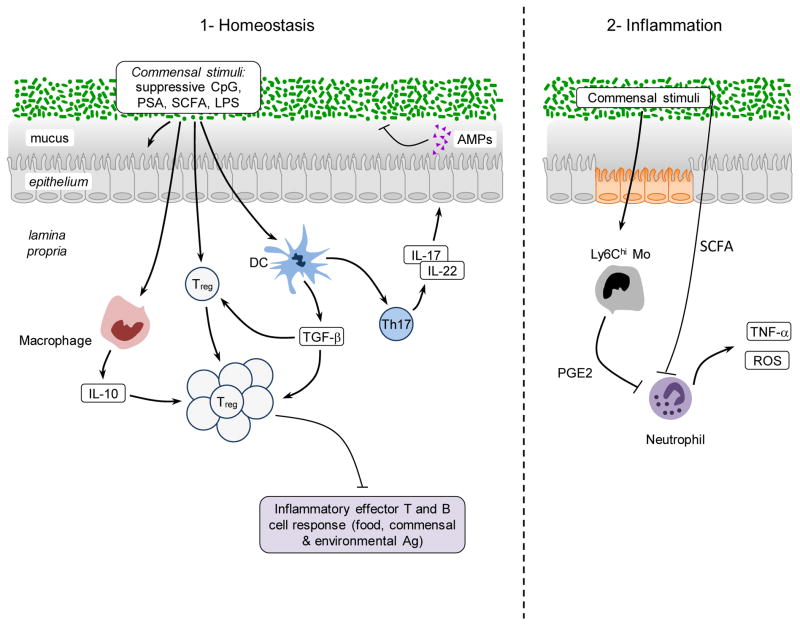Figure 2. Promotion of immune regulation by the microbiota during steady state and inflammation.
1) Commensals promote the induction of regulatory T cells via direct sensing of microbial products or metabolites by T cells or dendritic cells. Further commensals promote the induction of Th17 cells that can regulate the function and homeostasis of epithelial cells. In the context of inflammation similar mechanisms may account for the regulatory role of the microbiota. 2) Commensal derived metabolites can have a systemic effect on inflammatory cells. For example, SCFA can inhibit neutrophil activation. Upon entrance in the tissue inflammatory monocytes can also respond to microbial derived ligands by producing mediators such as PGE2 that limit neutrophil activation and tissue damage.

